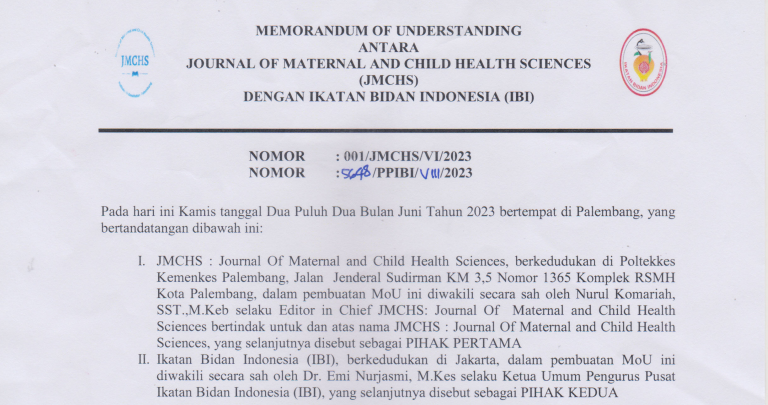The Role of Vitamin C in the Prevention of Premature Rupture of Membranes
Abstract
Premature rupture of membranes [PROM] is an early event in approximately one third of preterm births resulting in significant infant mortality and morbidity. The exact mechanism by which the fetal membranes weaken and rupture in term and preterm pregnancy is unknown. However, it has been hypothesized that the fetal membranes weaken and eventually rupture as a result of collagen remodeling and apoptosis. Some studies have speculated that vitamin C supplementation during pregnancy will be useful in the prevention of PROM but some studies have also shown that vitamin C supplementation does not affect normal fetal membrane remodeling processes leading to weakening and rupture of the fetal membranes. This literature review discusses the role of Vitamin C in the prevention of PROM, where the role of vitamin C can induce collagen degradation and apoptosis. The assumption that vitamin C supplementation may be a prophylactic
regimen for premature PROM should be investigated further. Caution should be exercised in using vitamin C supplements to prevent PROM in pregnant women. This literature review discusses the role of vitamin C in preventing premature rupture of membranes.

This work is licensed under a Creative Commons Attribution-ShareAlike 4.0 International License.
Authors who publish with this journal agree to the following terms:
- Authors retain copyright and grant the journal right of first publication with the work simultaneously licensed under a Creative Commons Attribution License that allows others to share the work with an acknowledgement of the work's authorship and initial publication in this journal.
- Authors are able to enter into separate, additional contractual arrangements for the non-exclusive distribution of the journal's published version of the work (e.g., post it to an institutional repository or publish it in a book), with an acknowledgement of its initial publication in this journal.
- Authors are permitted and encouraged to post their work online (e.g., in institutional repositories or on their website) prior to and during the submission process, as it can lead to productive exchanges, as well as earlier and greater citation of published work












